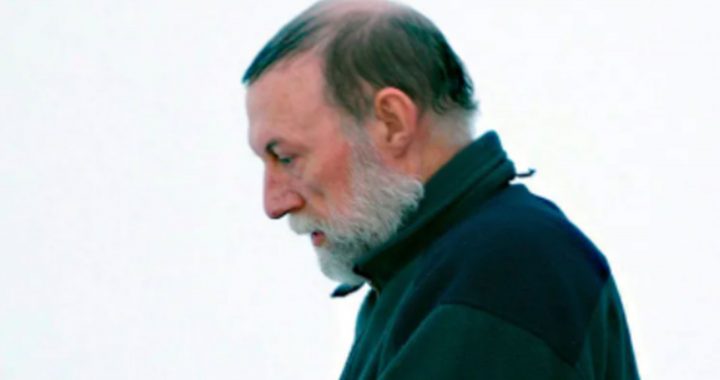Grassroots organizations are coming up with creative ways to service Winnipeg’s urban Indigenous population during the COVID-19 pandemic.
Ka Ni Kanichihk closed its doors Mar. 13 due to the virus but since then the Indigenous organization has been doing outreach to determine the needs of its relatives or community members.
“Delivering program is really not an option for us right now,” said Dana Connolly, the associate executive director for the centre.
The group has cancelled all of its programming and daycare services because of the new reality of social distancing.
Connolly is concerned about the indirect impact the virus has had on young mothers.
She said fear-buying of products such as toilet paper, baby wipes, diapers and formula has left some families without much needed supplies.
“[There] are young women who don’t have vehicles. They are using public transportation and they’re having to go to 47 different places to find toilet paper, and so that’s putting their whole family at risk,” she said.
Ma Mawi Wi Chi Itata Centre cancelled its regular programming but has found others ways to help vulnerable groups.
The resource centre started providing emergency food and supplies kits on Mar. 18.
Tammy Hamelin, a team lead with the All our Relations Lodge run through the centre, estimates the organization normally feeds 150 people daily through programming but that number has increased to 300 with the distribution of the emergency kits.
“Our families still utilize our services. They are our most vulnerable families we’re working with and we can’t just shut them out,” said Hamelin.
The North Point Douglas Women’s Centre (NPDWC) is also offering supplies in the form of bagged lunches and hygiene products. They are doing this three times a week.
The Mama Bear Clan patrol group, which operates out of the centre, is still patrolling but with a smaller team consisting of three to six captains.
Tara Zajac, executive director for NPDWC, said members are feeling the mental toll social distancing is creating.
“We’re finding that right now a lot of people are missing that social aspect. A lot of those that come to our centre don’t have smartphones or can’t Skype…so the centre really became the hub for a lot of people to build relationships,” she said.
The Liberal government allocated $305 million for Indigenous communities to combat COVID-19.
Indigenous Services Canada told APTN News Indigenous organizations supporting urban Indigenous Peoples will be eligible to access funds through the Indigenous Community Support Fund, details of which are being finalized.
The National Association of Friendship Centres has been in talks with the federal government about ways to access funding.
“What we’re trying to do is just make sure that there’s at least a voice for the urban community members and not at the expense of anyone else,” said Jocelyn Formsma, executive director for the association.
“Friendship centres really understand their communities best because they’re there every single day…so they’re really the frontline and best source of information to ensure that we’re meeting the needs of those urban populations.”
Ma Mawi Wi Chi Itata Centre became a friendship centre in 2019. They, along with other Indigenous organizations, took up the service delivery gap that the Indian and Metis Friendship Centre left behind.
For right now, Winnipeg organizations are relying on donations from the public.









